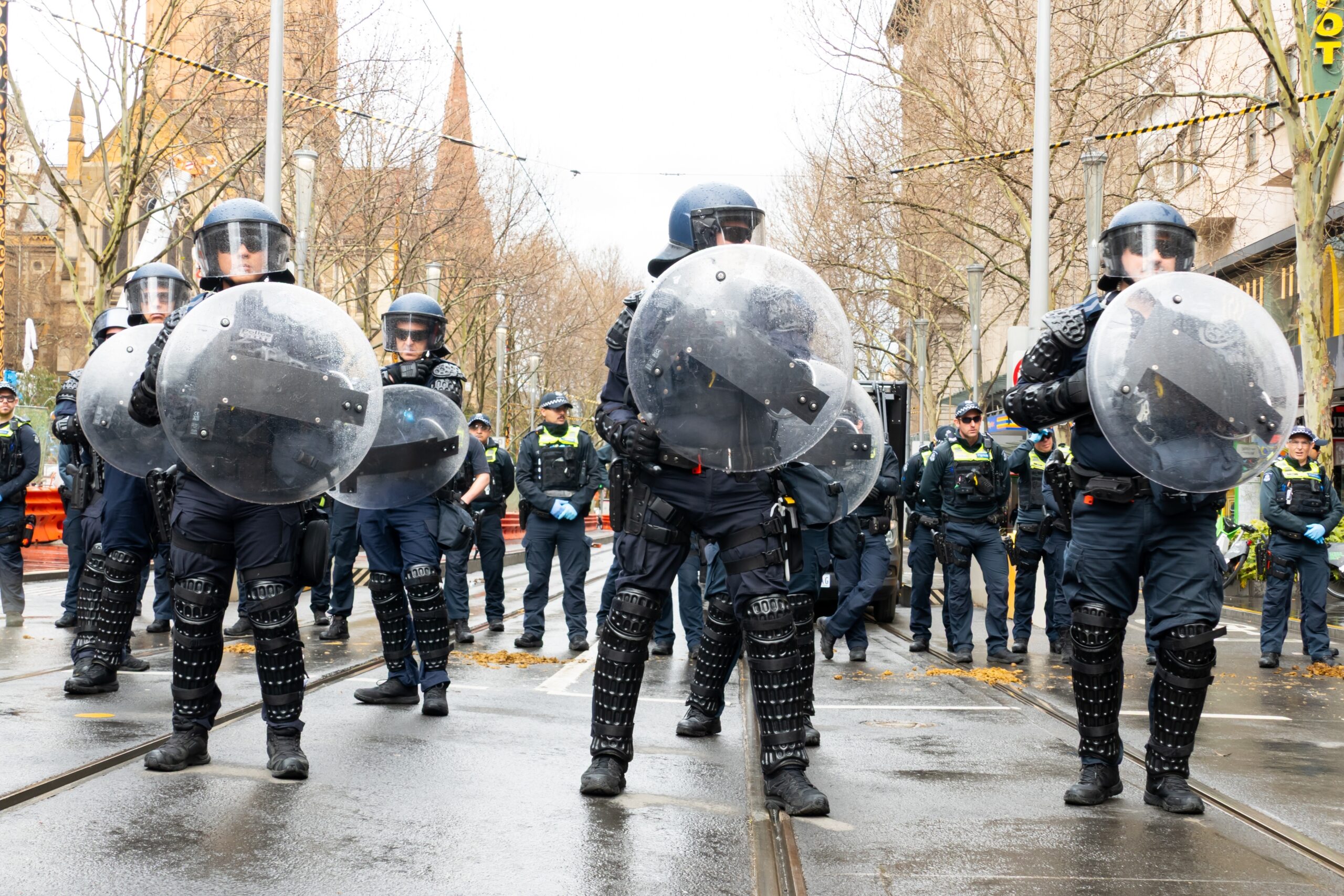AIIA Gala Dinner
The AIIA Gala Dinner 2025 keynote speaker was Senator the Honourable Penny Wong, Minister for Foreign Affairs.
The AIIA Gala Dinner took place on the evening of the conference at the stunning National Arboretum in Canberra.
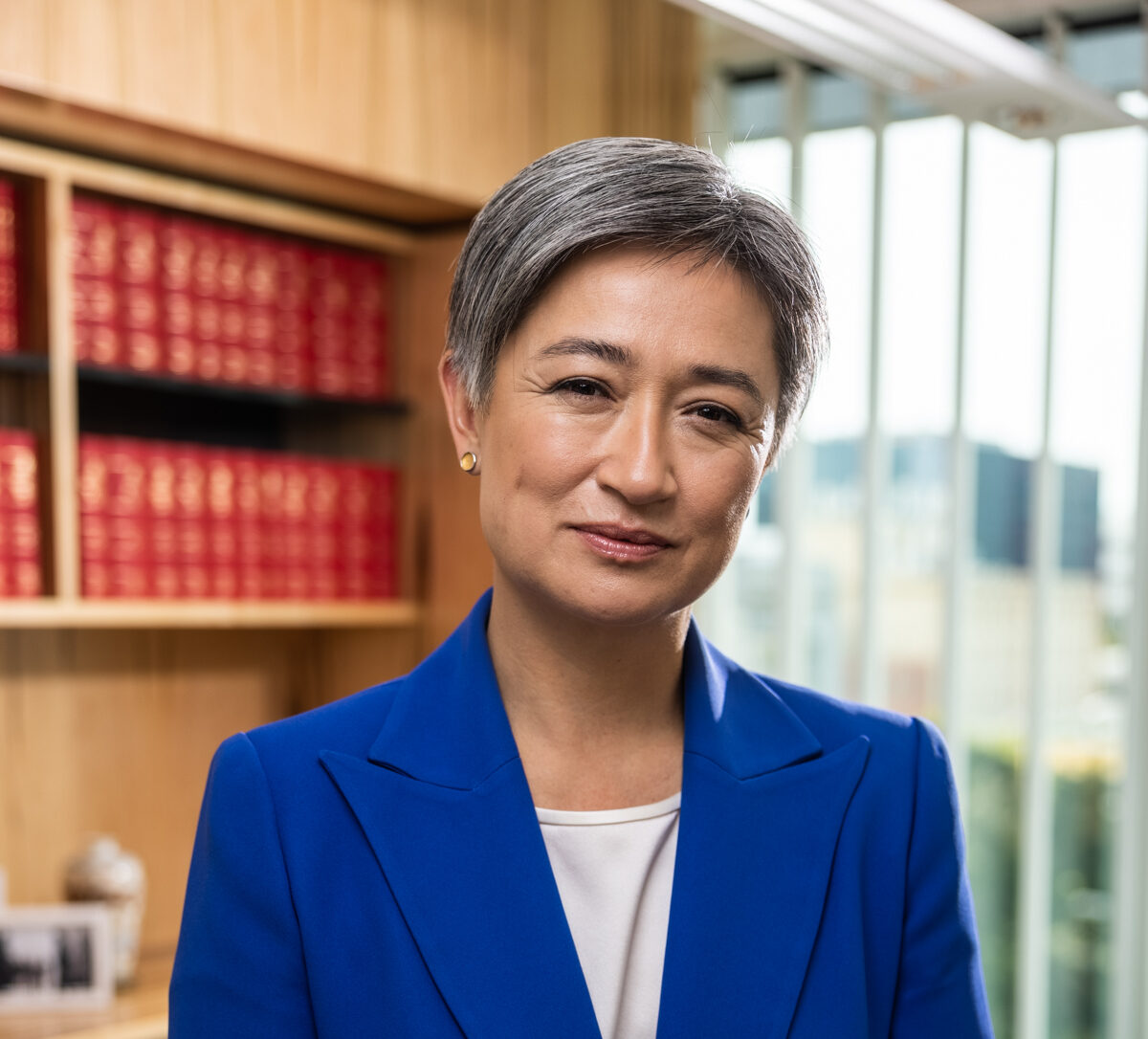
Conference Topics
Rethinking the Future of Global Rules
Talk of a collapsing international order is now routine — rules ignored, institutions weakened, global cooperation in retreat. But are we overstating the case? The “end of order” has become a story we tell too easily. What kind of global order actually existed in recent decades? Has it truly collapsed, or simply changed shape? With US dominance apparently less certain, some see crisis. Others, an opportunity to build a more plural, flexible system. By doubling down on existing arrangements, other yet seem to maintain that systems we have had in place will continue to hold. Could regional institutions and informal coalitions take on new relevance? Can existing norms adapt, or do they need replacing altogether? And amid the noise of strategic competition, are we overlooking the persistence of international habits, institutions, and expectations that still shape how power is exercised? Rather than dwell on decline, shouldn’t we explore the kind of order the world is moving toward — and whether the future is more open than it seems.
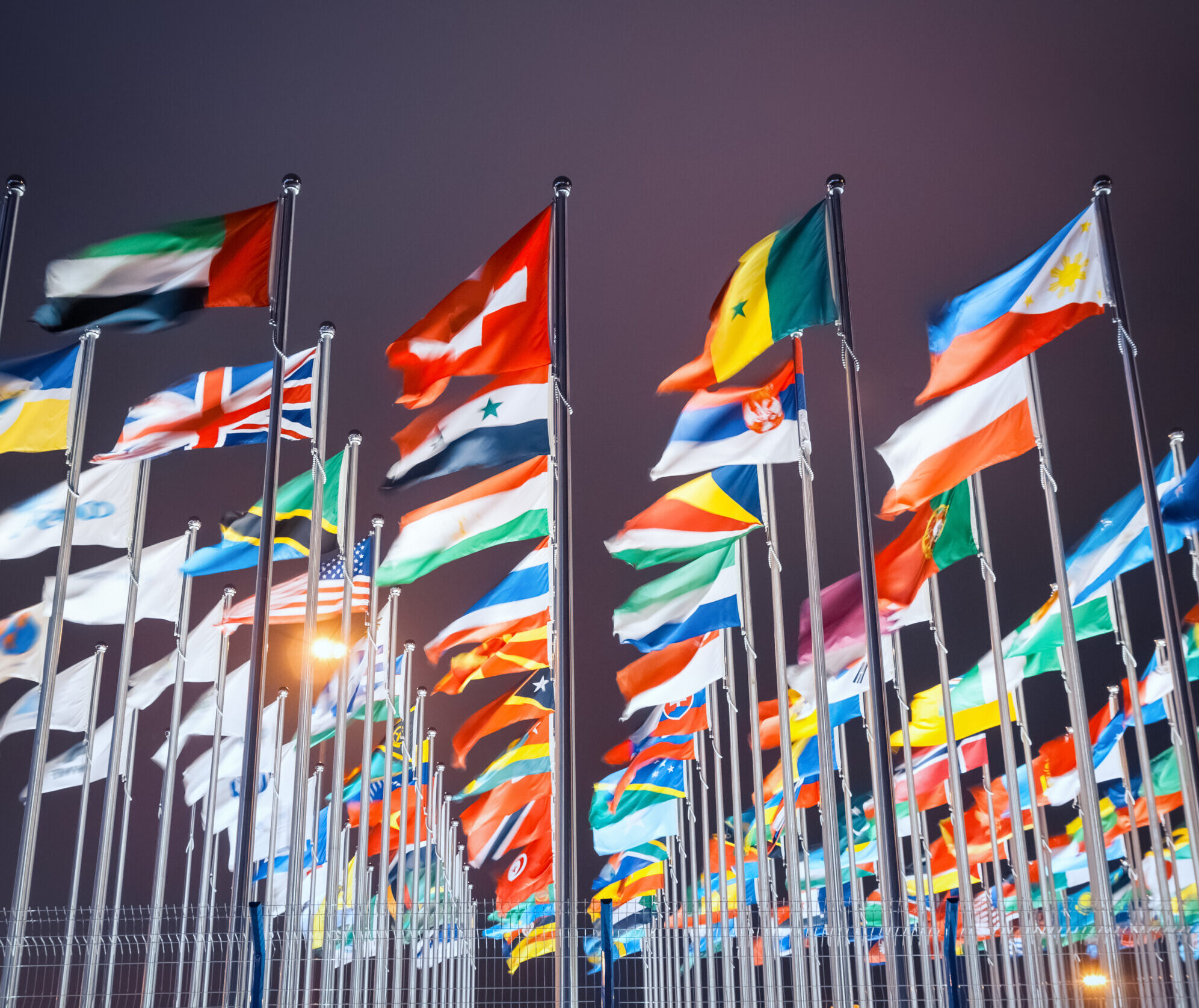
Australian Business and a World in Flux
Trade wars, sanctions, tariffs, contested supply chains, and fractured global rules are no longer outliers — they are now our operating environment. For Australian businesses, that means geopolitics can no longer be ignored. Risk is no longer confined to markets and currency; strategic instability, regulatory divergence, and global fragmentation now reach directly into boardrooms. Success will depend on a firm’s ability to anticipate and adapt to disruptions that are as likely to come from political decisions as from economic cycles. Can current business models survive without a serious upgrade in geostrategic foresight? What role should government play in helping the private sector compete and endure in an increasingly unpredictable world. Are Australian businesses match fit for this strange new world?
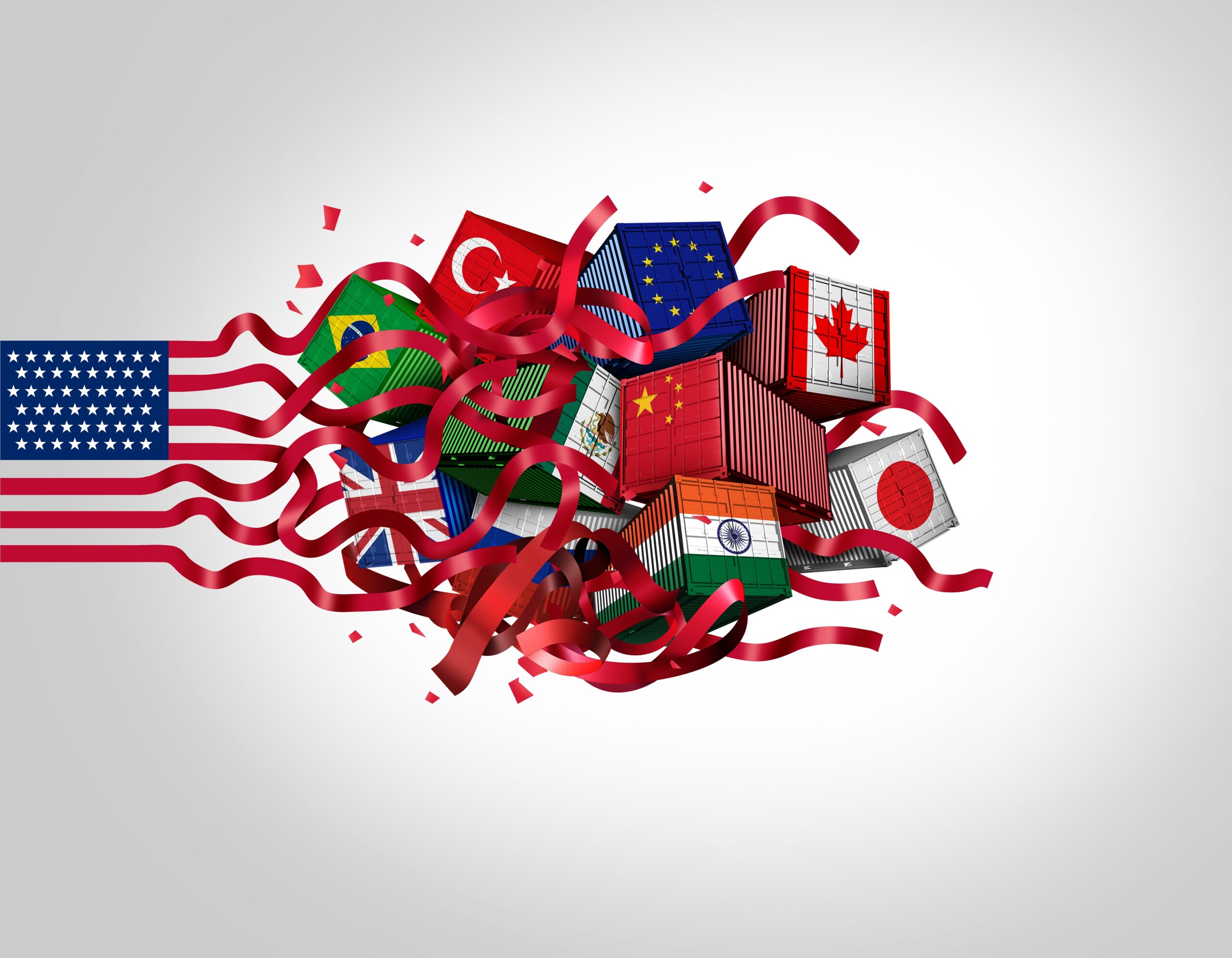
Australia’s Great Power Balancing Act
With China more assertive, the United States more unpredictable, and Russia willing to upend norms with brute force, great power politics seems firmly back on the world stage. Strategic rivalry is deepening, institutions are weakening, and the idea of international law as a restraint on power is losing ground. Are we entering a world that resembles the 19th century — a world of imperial spheres, zero-sum calculations, and high-stakes brinkmanship, where smaller states are forced to pick sides or stay silent. Within this context, can Australia maintain agency, or is genuine strategic independence an illusion? What tools does it have to hedge, shape, or resist the gravitational pull of great powers? And is the promise of a stable, rules-based international order now simply a memory, or something still worth fighting for?
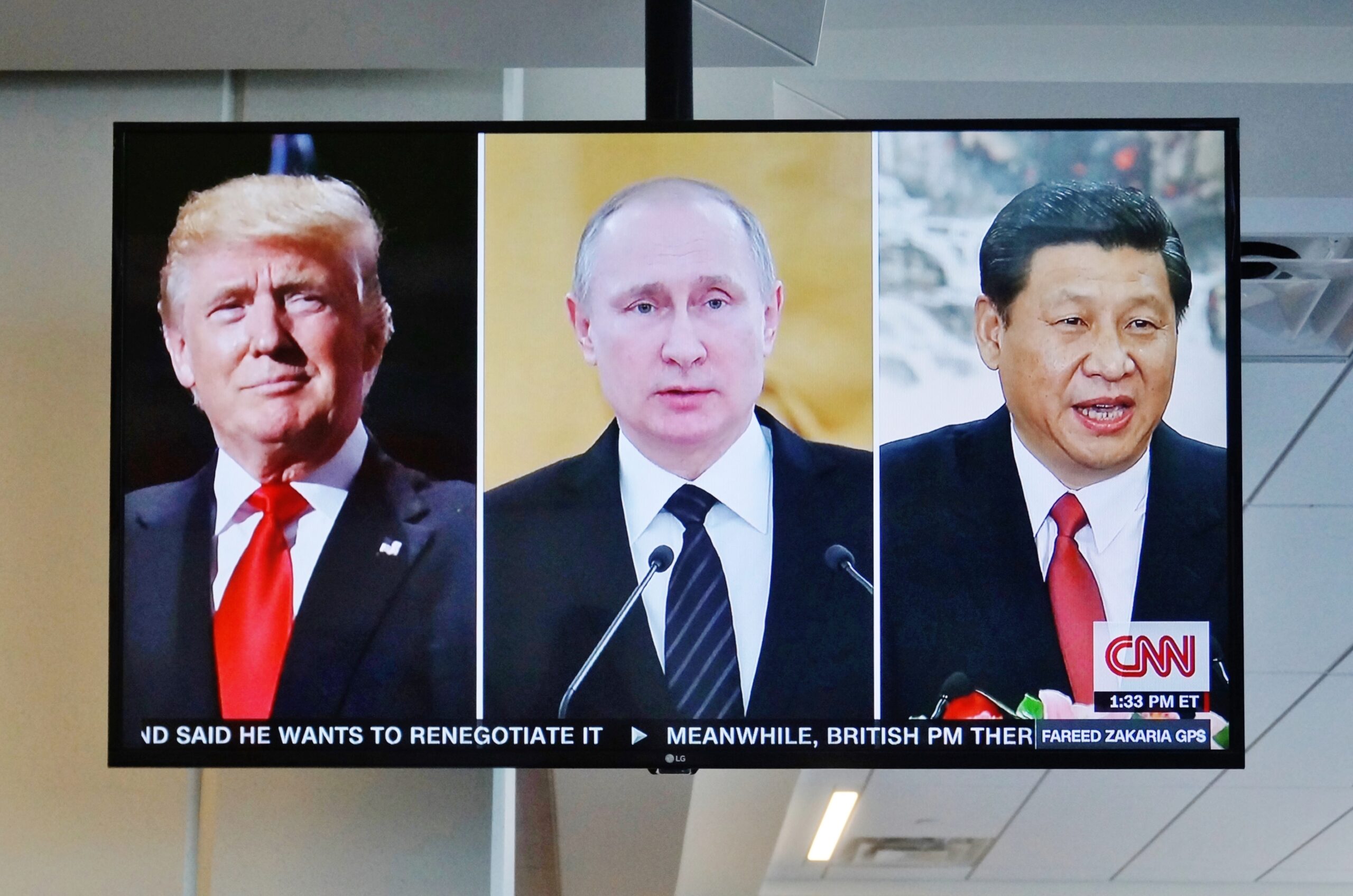
Regional Friends and the Shape of the Indo-Pacific
Across the Indo-Pacific, Australia’s friends and partners are also responding to a more contested and uncertain regional order. Countries such as India, Japan, South Korea, New Zealand, and key Southeast Asian states are developing strategic positions shaped by their histories, geographies, and interests. However, many now face a common challenge: how to protect space for sovereignty and stability without becoming proxies in broader rivalries. Given the geographic, cultural and economic differences across the region, is deeper cooperation between even so-called “like minded” players possible — or even desirable. Do these countries see enough alignment in interests and values to work together more closely? Can they build flexible coalitions that don’t rely on major power leadership? And what role can Australia play in fostering trust, dialogue, and meaningful collaboration among countries that often share concerns, but not always assumptions?
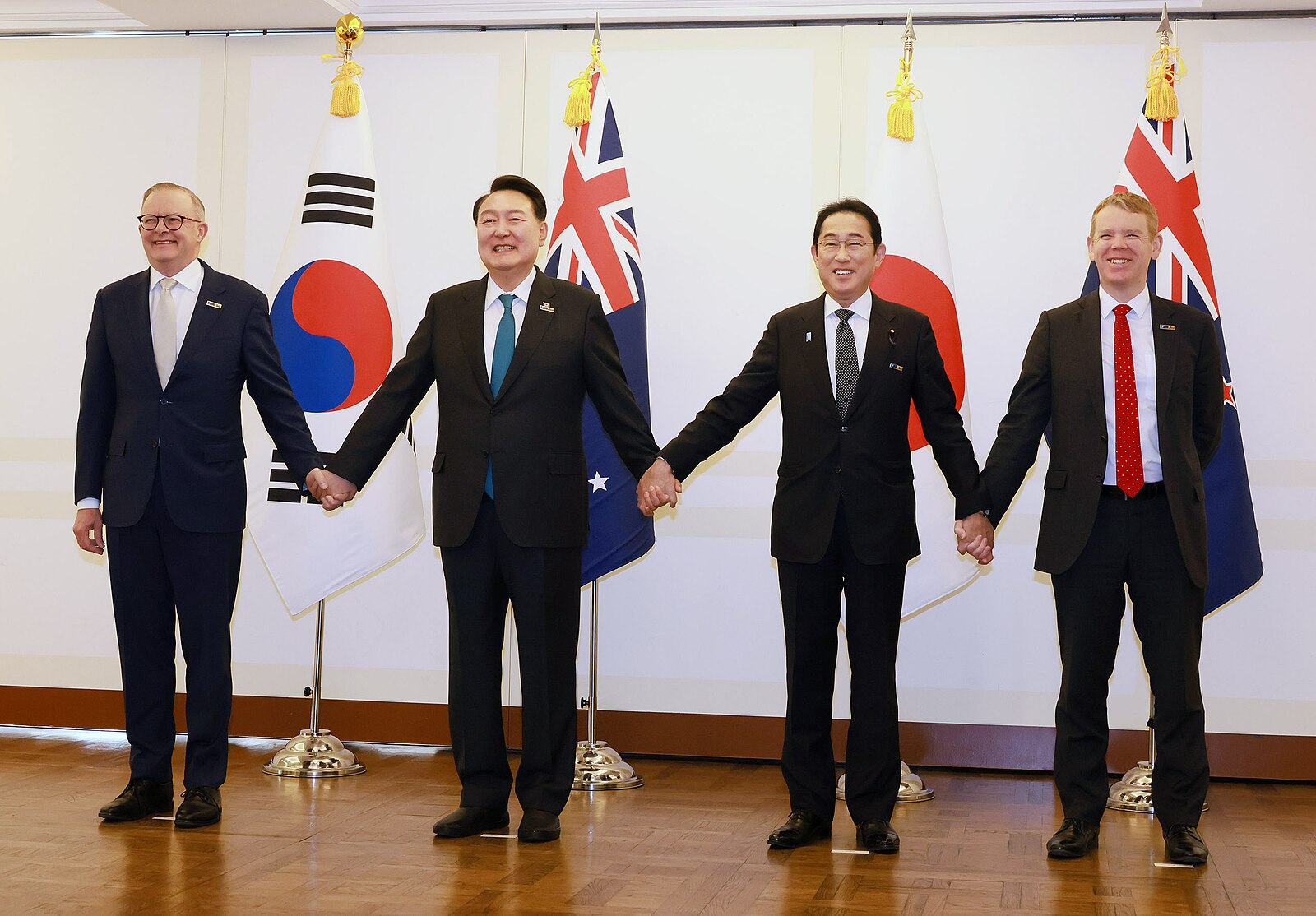
Domestic Polarisation in a Fractured World
As international tensions deepen, their impact is increasingly felt within Australia’s politics and public debate. Global conflicts are disrupting consensus and fuelling polarisation, raising urgent questions about how democracies manage disagreement in a world shaped by constant friction. At the same time, foreign interference and influence operations have exposed vulnerabilities in Australia’s democratic institutions — from parliament to media. These pressures mirror a broader global trend: the weakening of democratic norms through disinformation, attacks on the rule of law, and institutional decay. In this environment, efforts to strengthen democracy — both domestically and internationally — face resistance not only from authoritarian powers, but also from within democratic systems themselves. What does democratic resilience require today? How can Australia respond to interference while preserving openness? Can diplomacy help defend democratic systems — and if so, how? In a more polarised world, can democracies remain both principled and plural?
